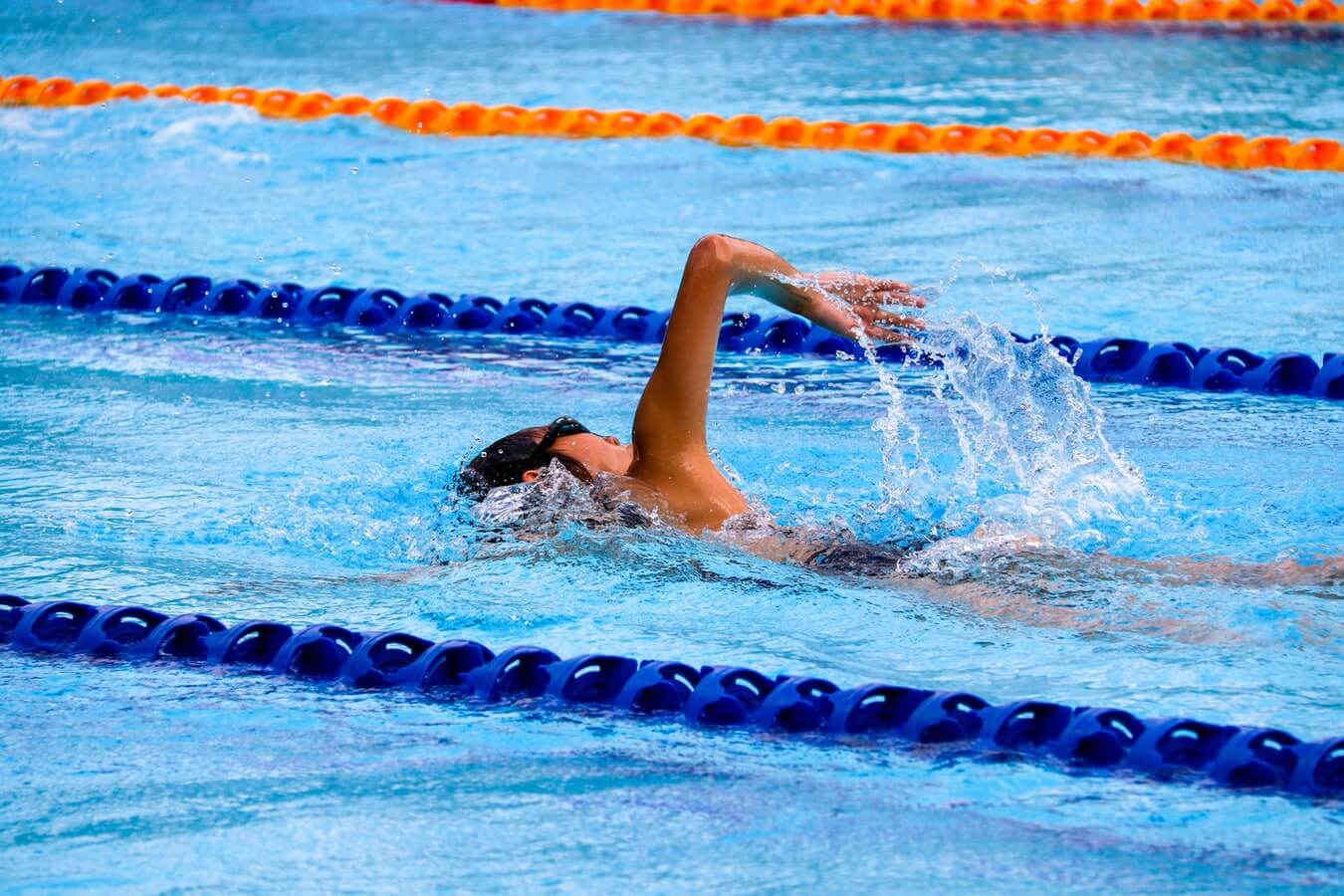Sooner or later, every student feels out of place. Whether it’s the unique challenge Geometry presents to a perennially solid math student or the uncomfortable transition to a new school, students need a method for regaining confidence, finding their bearings, and gritting their way through the discomfort.
Self-efficacy is perhaps one of the most critical components of our unique executive functioning skill curriculum. In its simplest form, self-efficacy is “an individual’s belief in his or her capacity to execute behaviors necessary to produce specific performance attainments” (American Psychology Association). A student must believe in his or her abilities to execute. Unfortunately, in an educational and social environment rife with comparison and competition, belief is an elusive substance.
I wish every student in America had this Albert Einstein quote emblazoned on their bathroom mirror: “Everybody is a genius. But if you judge a fish by its ability to climb a tree, it will live its whole life believing that it’s stupid.” Before it was in vogue with the pop psychology crowd, Einstein hit the nail on the head with self-efficacy. The right environment creates the space for self-belief. The “best” students are the “best” students when they are in the right environment. This idea applies not only to students but to athletes, musicians, artists, etc. Let’s look at a few examples.
Michael Phelps Vs. Hicham El Guerrouj
There’s an interesting comparison of two elite, gold medal athletes in James Clear’s best-selling novel, Atomic Habits. Everybody knows who Michael Phelps is. Fewer people know Hicham El Guerrouj, but he was a fantastic athlete in his own right. He’s a two-time Olympic gold medalist from Morocco, specializing in distance running.
These two athletes are drastically different, especially in their heights. El Guerrouj is five feet, nine inches tall. Phelps is six feet, four inches tall. El Guerrouj has incredibly long legs and a short upper body, while Phelps has shorter legs and an exceptionally long torso. In short, Phelps is built for success in the pool, and Guerrouj is built for success as a distance runner. If these athletes were to switch sports, it is doubtful either of them would get anywhere near the Olympics, let alone the top of the podium.
Richard Feynman’s IQ test
Richard Feynman won the Nobel Prize in Physics in 1965, worked on the Manhattan Project, and helped Nasa investigate the Space Shuttle Challenger disaster. However, this world-renowned polyglot scored a merely average score on his high school IQ test. In fact, his sister Joan scored better, leading to years of sibling rivalry.
Decades later, as Feynman’s intellectual brilliance shone in more ways than one, he declined admittance to the notorious Mensa Society, sarcastically claiming his IQ was too low. Feynman’s colleague, Physicist Steve Hsu, offered this explanation: “I suspect that this test emphasized verbal, as opposed to mathematical, ability […] Feynman’s cognitive abilities might have been a bit lopsided”. Once again, the mathematics environment allowed Feynman to thrive, while a different pursuit might have hindered his ability and self-efficacy.
As James Clear explains, “The secret to maximizing your odds of success is to choose the right field of competition.” While most attribute this line of reasoning to genetic determinism, I choose to relay it to students as a means of building self-efficacy. Natural abilities do not determine our destiny. Instead, they reveal areas of opportunity.
Our goal as educators, parents, and counselors is to help students redirect self-doubt, pointing out areas of strength. Richard Feynman’s intellectual capabilities were lopsided, Phelps shouldn’t be a distance runner, and Guerrouj should stay out of the pool. Each of these exceptional performers achieves by choosing the right environment, building self-efficacy by seizing areas of opportunity.
For more ideas about self-efficacy, learning skills, and other aspects of our EF curriculum, please check out our other resources. To personalize your student’s path to success, reach out to find your child an academic coach!





